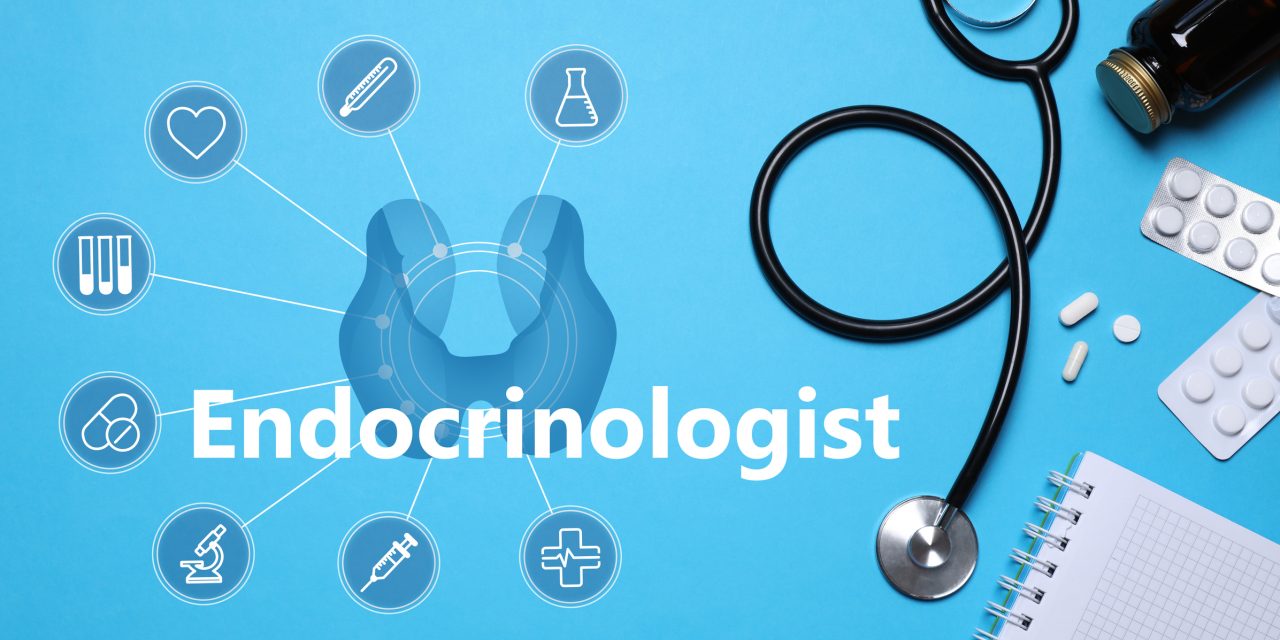The aim of this study is to evaluate the effect of severe endometriosis in younger patients compared to tubal infertility on pregnancy and live birth rate undergoing in vitro fertilization (IVF). This prospective observational study included 294 women with severe endometriosis and 358 women with tubal factor as control who underwent IVF. Follicular fluid samples were collected during oocyte retrieval, and cytokines and angiogenic factors were estimated. The groups were sub-stratified based on age. Number of metaphase II oocytes, grade I/II embryos, pregnancy rate, miscarriage rate per pregnancy, and live birth rate were compared. Significantly elevated levels of cytokines and angiogenic molecules were observed in younger endometriosis patients when compared to tubal group (p < 0.001). Number of MII oocytes (p < 0.003) and grade I/II embryos (p < 0.001) were observed to be significantly lower in these women when compared with matched controls. Despite higher levels of inflammatory cytokines, angiogenic molecules, fewer MII oocytes, and grade I/II embryos, the younger endometriosis patients had similar pregnancy (OR 0.81; 95% CI 0.54-1.22; p = 0.31) and live birth rate (OR 0.78; 95% CI 0.5-1.2; p = 0.26) when compared with matched controls. In contrast, endometriosis patients of age ≥ 35 years had significantly less likelihood of live birth (OR 0.47; 95% CI 0.25-0.9; p = 0.02) and pregnancy rate (OR 0.46; 95% CI 0.22-0.95; p = 0.03), respectively, when compared with the matched controls. It appears that women with severe endometriosis have even chance of successful pregnancy if diagnosed at early age and sought for assisted reproductive technology to reduce its adverse effect on reproductive outcome.
Pregnancy and Live Birth Rates Are Comparable in Young Infertile Women Presenting with Severe Endometriosis and Tubal Infertility.


